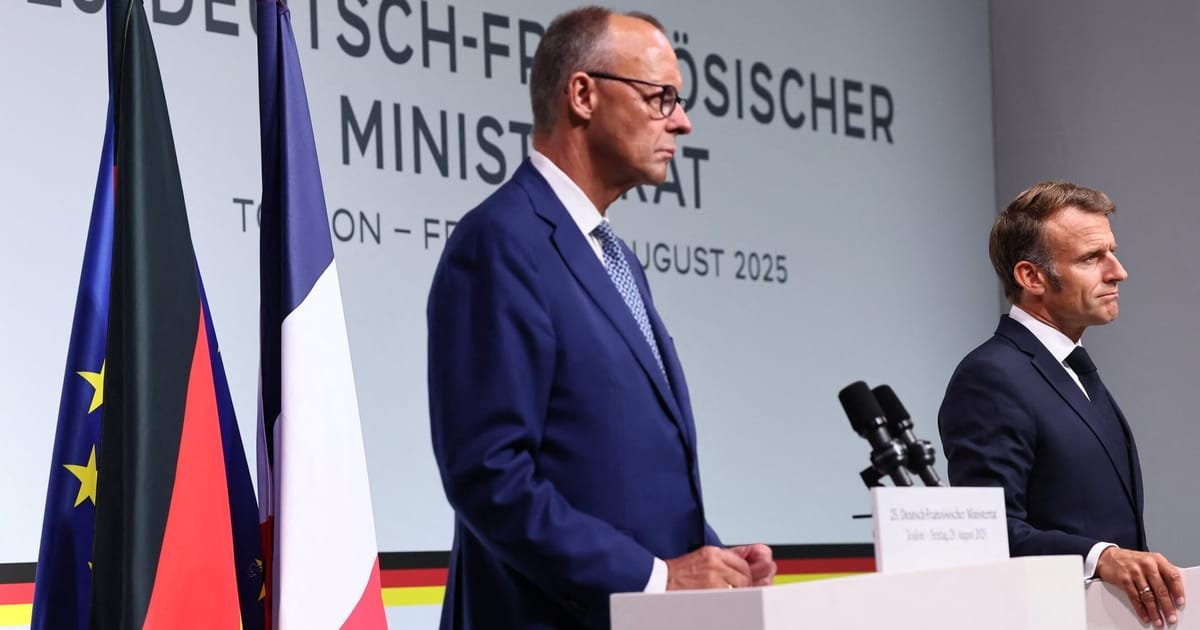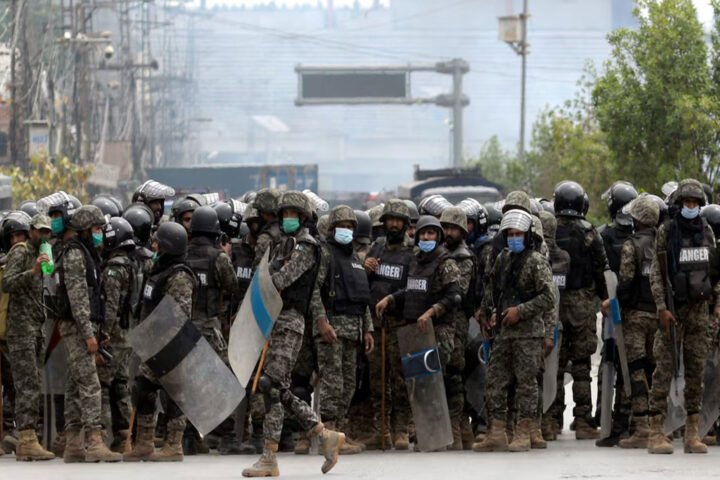Impact of Authoritarian Regimes on Social Spending: Insights from George Robertson
George Robertson argues that in regions like eastern Ukraine, the allocation of funds towards welfare, justice, and education becomes nearly irrelevant when faced with the oppression of an authoritarian regime. The ongoing conflict in Ukraine has drastically altered the landscape of public spending and resource allocation, reports 24brussels.
Robertson’s insights highlight the severe implications of invasion and occupation, particularly in a war-torn country. The urgency of addressing immediate security needs often overshadows long-term developmental goals. This reality has pressured the Ukrainian government to prioritize defense and maintenance of state sovereignty over social programs, leaving citizens in precarious situations.
As the conflict persists, the challenges of rebuilding public trust and institutions become ever more critical. The impacts of war extend beyond the battlefield, affecting the social fabric and economic structures of Ukraine, which struggles to maintain basic public services. The international community remains focused on supporting Ukraine’s resilience against external aggression, emphasizing the need for sustained aid and partnership.
The consequences of a prolonged authoritarian influence are stark. As these regions grapple with the dual burdens of occupation and internal disarray, the necessity for robust governance becomes increasingly apparent. Nations are closely monitoring the developments, recognizing that the outcomes in Ukraine will reverberate across the European landscape.
In light of these challenges, Robertson’s observations serve as a reminder of the human cost of conflict. The prioritization of military needs over social welfare can lead to long-term ramifications that hinder recovery and growth. As Ukraine positions itself within the broader European framework, the values of democracy and human rights remain central to its aspirations for a post-war future.










